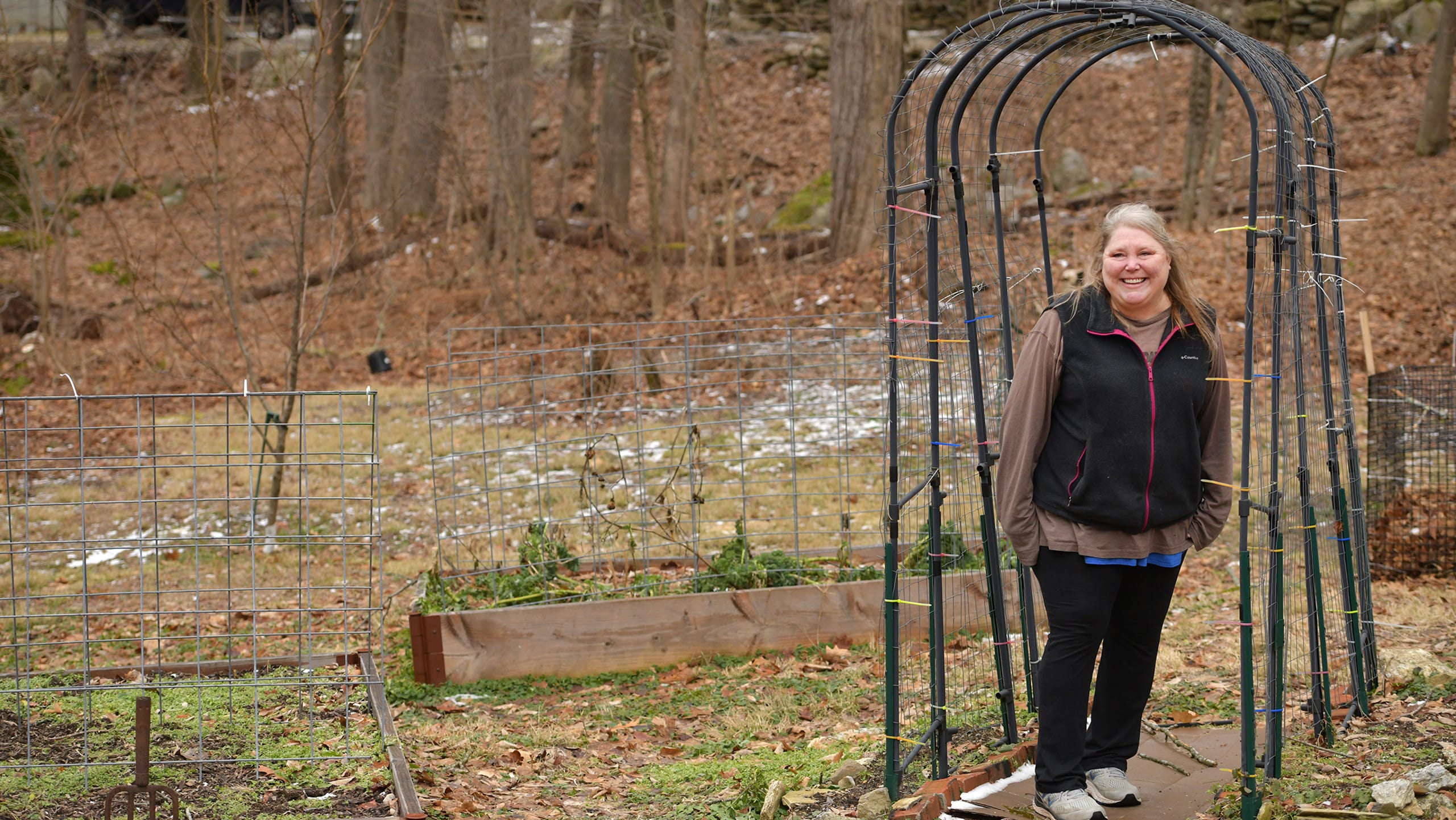Worcester County Conservation District doing some soil-searching
What’s in your soil? Worcester County Conservation District provides soil tests and advice for local landowners
by | Worcester Magazine
The results were eye-opening, revealing a hidden hazard on Stimson’s land. The slope on the backside of the house proved to have toxic lead levels, and any food grown there would be unsafe to eat.
The Worcester County Conservation District, which performed the soil test, aims to help landowners like Stimson. Part of the Massachusetts Association of Conservation Districts, the WCCD’s Healthy Soil Initiative launched in 2016. This past November, WCCD received $42,000 as part of the state Executive Office of Energy and Environmental Affairs’ Conservation District Innovation and Basic Grants programs, specifically to support WCCD’s Healthy Soils Initiative.
The money will go toward programs such as soil health workshops, supplies, promotion and the salaries of full-time workers like Joel Betts, WCCD’s Conservation Planner. “Without the grant, we wouldn’t be able to charge as little as we do for the soil testing,” said Betts. “It’s really what allows us to dedicate the time to go out into the field and meet with people.”
Betts has done over 100 soil tests with over 60 landowners, whose land can encompass as little as a small garden plot in the city to a couple of acres in the country where owners grow their own food and livestock. Large farms often receive analyses from fertilizer companies, but WCCD provides local landowners with these same resources they otherwise would not be able to access.
“It was invaluable information and really helped me have confidence as kind of a newbie in dealing with toxic soil and high water tables,” said Stimson, “Newbie or experienced though, no matter who you are, you can learn something from them.”
When she purchased her three-quarter acre property back in 2016, Stimson knew she was taking on something of a restoration project. Situated in the Village of Rochdale in Leicester, the land was drastically overgrown and required the removal of shrubs, bushes and even trees before even the first seeds of a garden could be planted. The previous owners had left it in a state of neglect and the land was situated on a high water table (prone to flooding) but Stimson was reasonably confident.
However, these issues were only scratching the surface of the real problems — literally. Heavy rains often reveal what had been buried. One year the earth gave up an entire bed frame. Turns out the land had not been wholly ignored — it had been used as a landfill. Further digging unearthed garbage everywhere, including old batteries, shoes, piping, roofing materials and car parts — all of which had contributed to the toxicity in parts of her property.
People reach out to the WCCD when they want to make their soils more productive or are concerned about its acidity (PH) level. Especially now, said Lisa Trotto, WCCD administrator, since “they want to educate themselves on how they can grow vegetables to produce their own food during COVID.”
However, WCCD does more than simply take a soil sample and get back to the landowner in a couple of weeks with a chemical report. Betts aims to help people look at soil in a holistic way, beyond just what’s in the ground. Knowing the soil has high PH levels or low carbon content doesn’t mean much if someone doesn’t know how it affects what they’re trying to grow. “We encourage practices that encourage healthy soil — thinking of it as a living ecosystem and treating it as such,” he said. He will often discuss invasive species and pollinator habitats — both of which indirectly affect the success of a garden or small farm.
Betts did five different areas — Stimson said she had never seen such a comprehensive soil test from start to finish. Reports arrived after about a week, with each location having at least a page and a half report on what they found, including soil PH, organic and nutrient content levels along with optimal range for each of them. Comments included what should and shouldn’t be planted there as well as how to amend soil for intended planting, along with directing to further resources. “They’re really invested in what your goals are for the property,” said Stimson.
Stimson found out about WCCD through a neighbor in winter 2017, who directed her to their annual seedling sale. The seedling sales have been going on since at least the ’60s, said seedling sale coordinator Kathyrn Zichelle Sullivan. They began as a fundraiser to make the District more financially independent but are now something the local garden and farm community looks forward to every year.
“It started as a source of plant material for small farms,” said Sullivan, “But really bareroot plants are for everybody, they are inexpensive and ecofriendly, you just have to have a patience for them to grow.” Bare root plants are able to remain in a dormant state for a time after being dug up, where their roots don’t need soil to survive in this state. The plants — such as evergreens, flowering shrubs, fruit bearing plants and perennials — will begin growing once replanted. “Each year we have a theme,” she said, “this year it’s native plants.” The sale will be held primarily online this year from Feb. 1 to March 31.
“It’s great for homeowners trying to populate their yard with the right plants,” said Stimson, “Natives, pollinators, what’s good for the environment.”
WCCD will provide assistance relating to the conservation of soil, water and other natural resources to any land occupier, whether a farm or a non-farm. For a fee of $40 per sample, the staff will visit your site and take soil samples. They will dry your samples and mail them to UMaine or UMass soil testing labs; once the lab has finished an analysis, staff will walk you through the results, and can make recommendations based on your needs. Soil health is for everyone and WCCD strives to make conservation accessible to Worcester County residents, independent of scale.
Stimson is now getting ready to plant her sprouts for the spring and pollinator plants that would do well in the shade on her land. She has been working with WCCD to set up a new composting system as well, having bought three composting units from them. With their help, she has basically rescued and rehabilitated her property, nurturing the land with healthy soil practices.
For information, visit https://worcesterconservation.org/ or call (508) 829-4477, ext. 5.

